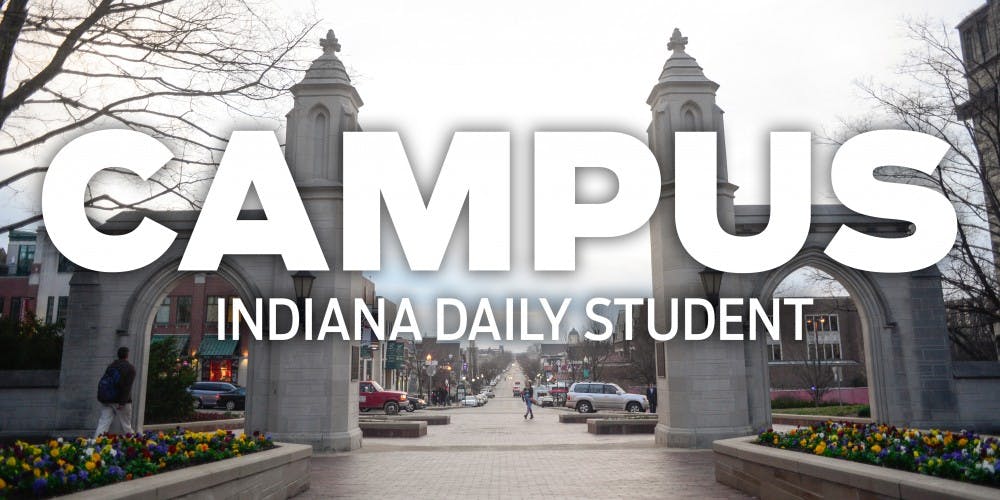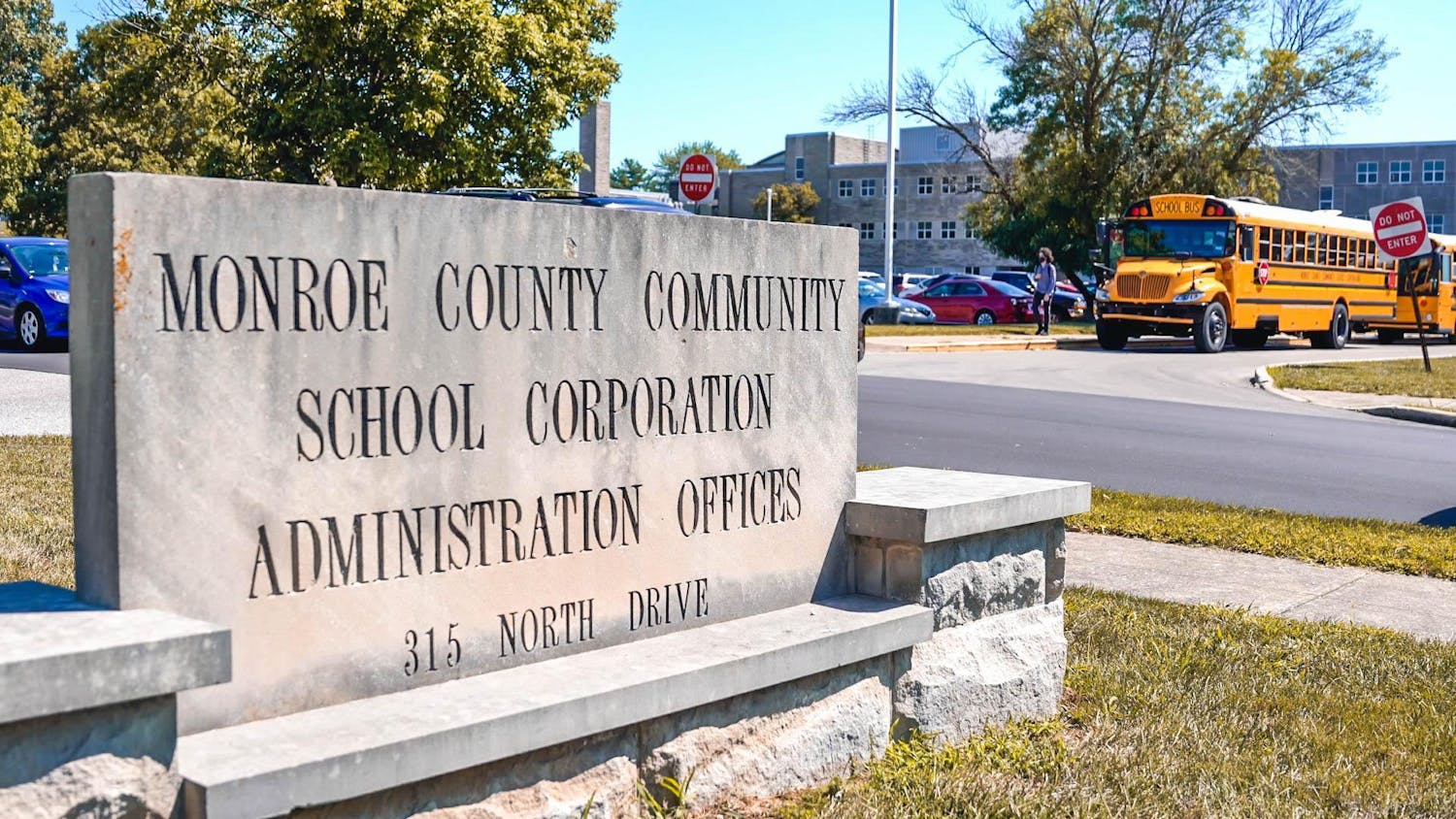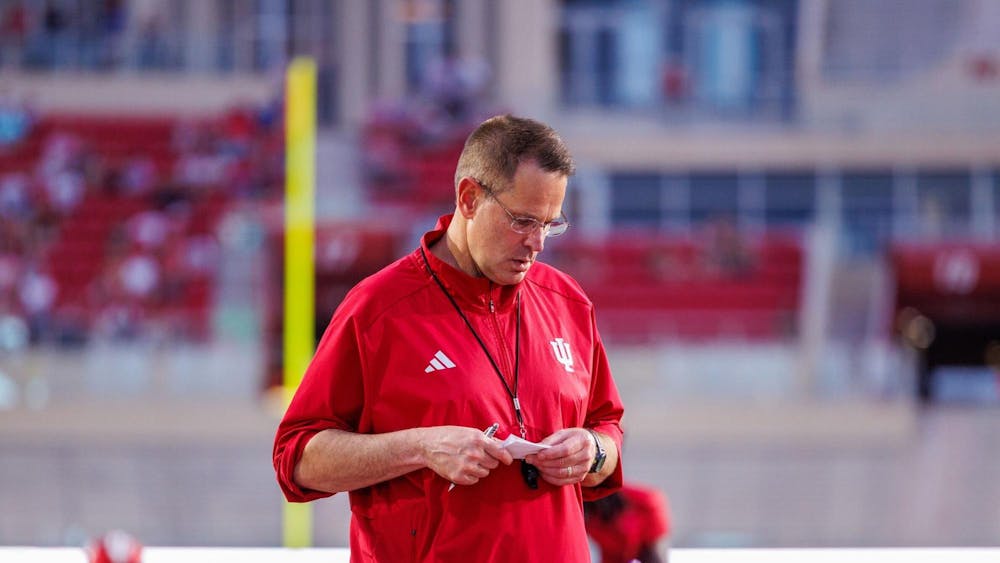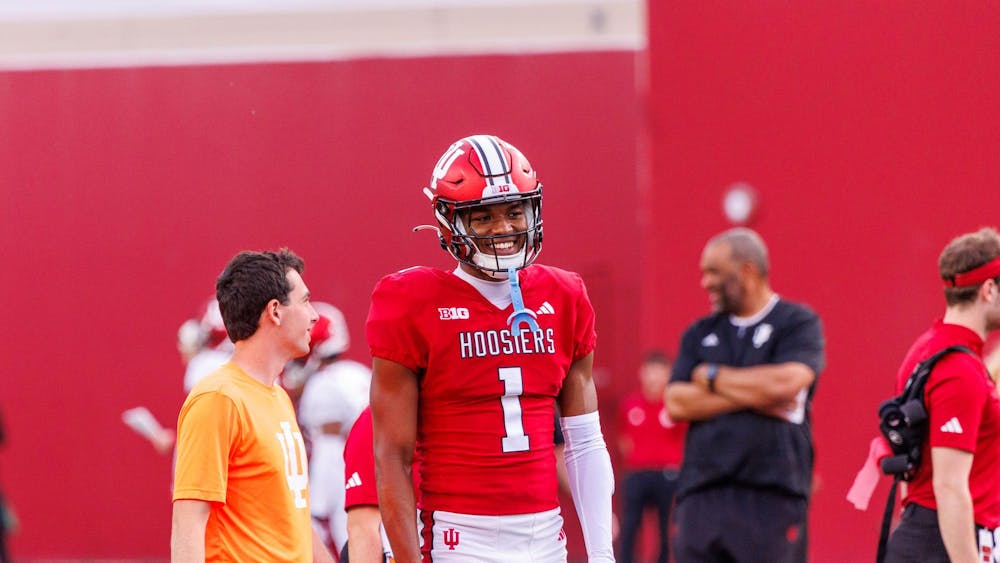Professor John Walbridge, of the school of Near Eastern Languages and Cultures, and Col. Richard Welch welcomed retired Gen. David Petraeus on Monday to speak to Walbridge’s COLL-C 104 War in the Middle East class.
Dwarfed by the two giant canvases on the wall behind him, the general seemed relaxed as he spoke to the class from his office overlooking Central Park in Manhattan. The retired general answered students’ questions and spoke on his viewpoint concerning the outcome of the Iraq surge, a counter-insurgency operation in which he was a key figure. Petraeus was commander of multinational forces in Iraq and oversaw the drafting and implementation of the Surge.
“What an attractive group of people,” he said during his opening statement, prompting laughter from the students.
He wore a neatly-pressed light blue dress shirt and a dark blue tie. His face did not betray the stress one would expect of a four-star general and ex-director of the Central Intelligence Agency who has faced intense criticism and controversy by the American people. He had a pleasant manner of speaking and used words like “lousy” and cracked light-hearted jokes. An experienced diplomat, Petraeus seemed sincere in his interactions with students, building small personal connections as he answered questions.
He spoke at length about his involvement in drafting and implementing the surge in Iraq, which began in 2007 and saw the deployment of an extra 30,000 soldiers to the country in an effort to cull violence in Baghdad and surrounding areas. A highly criticized operation, which Petraeus acknowledged before speaking on its successes.
“They truly flipped the situation and drove the violence down by 80 percent,” he said. “It did go up considerably before it went down.” He went on to discuss the role of Nouri al-Maliki, Iraq’s prime minister at the time of the war.
He explained that, in his opinion, conflicting interests between the prime minister and commanding American forces on how to enact change undid U.S. work and returned Iraq to a state of violence.
In the second half of the class, Welch, a P.h.D. fellow at the Center for Constitutional Democracy in the Maurer School of Law, moderated questions. Petraeus greeted each student in a personal way, and provided genuine and in-depth answers while remaining discreet and apolitical to the extent that was possible. An enduring theme throughout the interview was that of the power of education and hard work.
“Luck is what happens when preparation meets opportunity,” Petraeus said to the class while emphasizing the importance of breaking out of comfort zones to better learn and grow.
He also spoke on the importance of developing intellectual humility.
“There are different ways of looking at the world,” he said. “And it is very salient to understand that intelligent people see the world differently.”
Petraeus said in order to achieve one must respect the intelligence of peers and welcome the different world views that stem from interacting with diverse schools of thought.
The lights in Petraeus’ office shut off for a third time and the general laughed.
“We’re very environmentally conscious here,” he said, and used it as his cue to conclude the talk.
Highly complementary of Walbridge’s accolades during the opening to his speech, Petreaus ended the presentation by singling out Welch, who organized the event, to thank him for his service in Iraq. Petraeus also spoke to Welch’s pursuit of knowledge and his compassion for the Iraqi people.
“Few people developed an affinity like Rick did,” he said.






